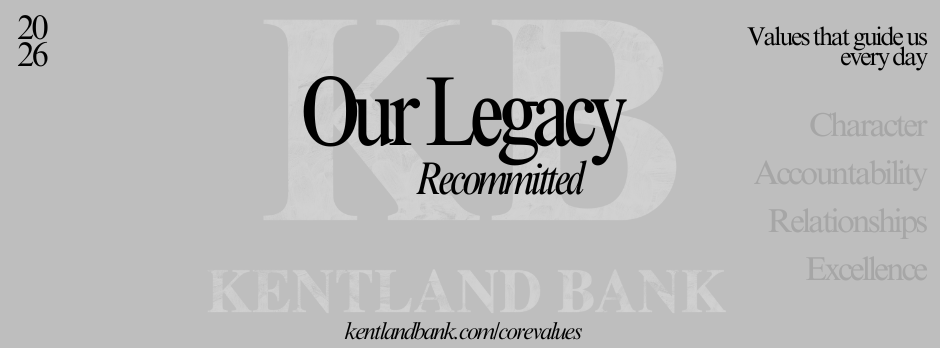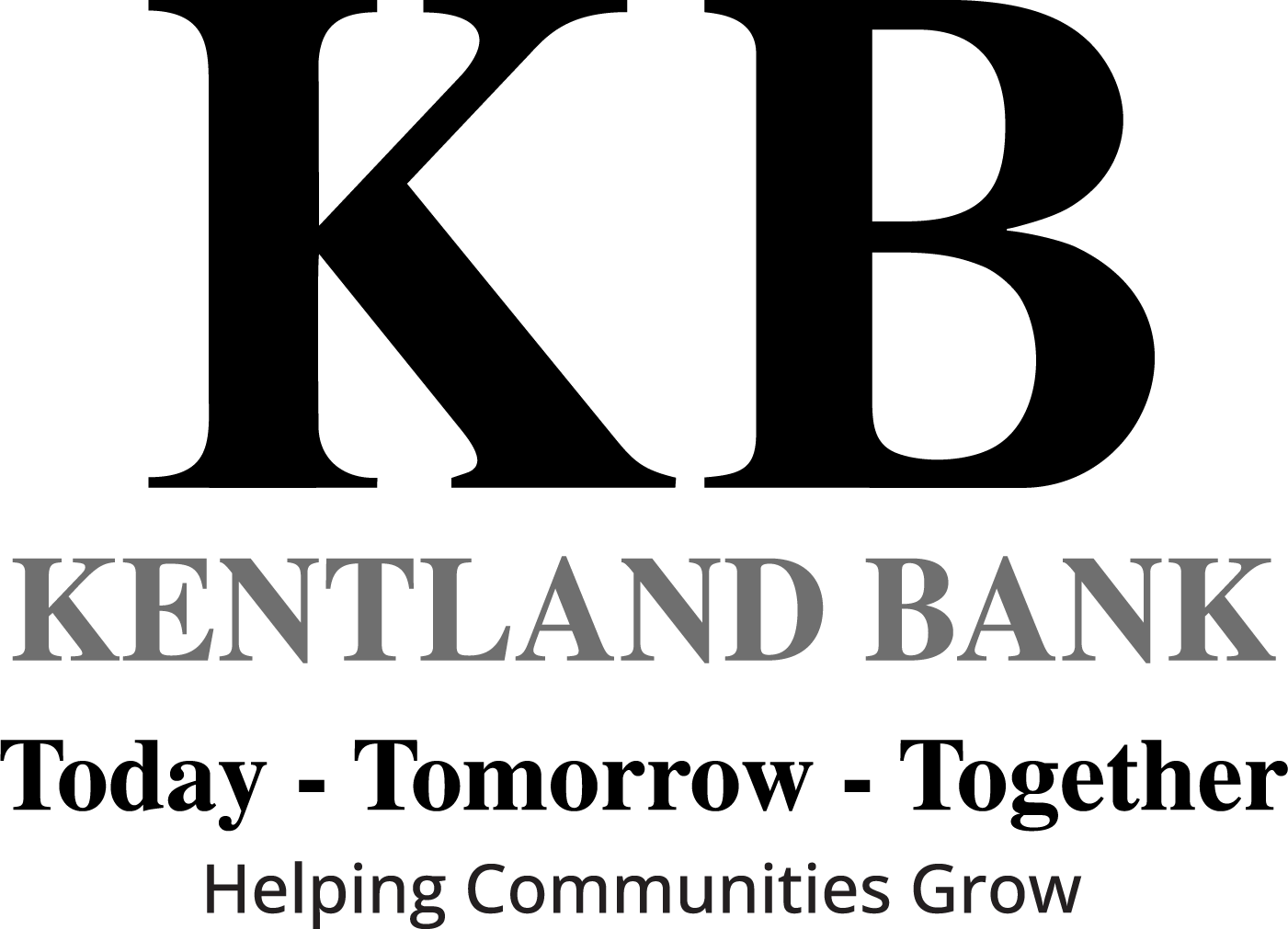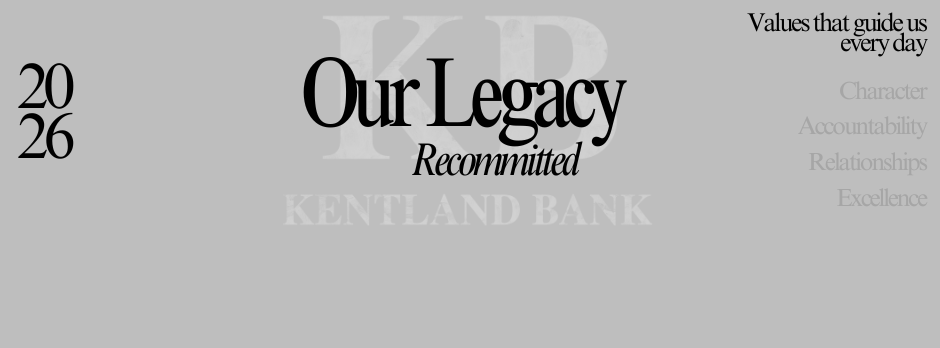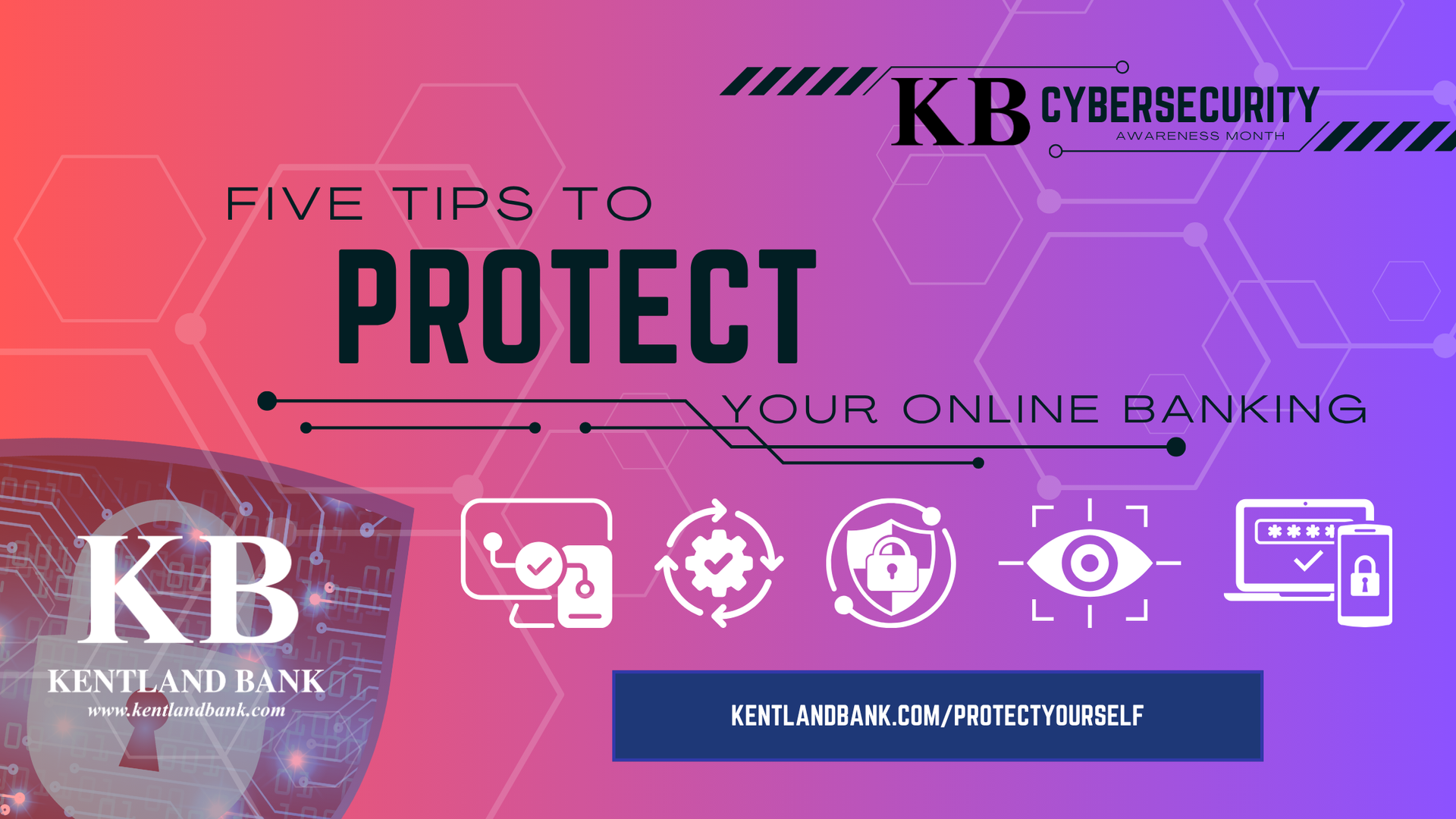
What Is Cybersecurity, Really?
What Is Cybersecurity, Really?
A Simple Guide for Everyday Life
Cybersecurity might seem like a complicated topic, but at its core, it is about protecting what matters most in our digital world. Just like we lock our doors at night or shred sensitive documents, cybersecurity is how we guard our personal, financial, and private information from falling into the wrong hands.
Today, nearly everything we do is connected to the internet - shopping, banking, working, learning, even turning on the lights in our homes. As convenient as this technology makes our lives, it also opens up more opportunities for scammers, hackers, and cybercriminals to try and take advantage of us.
This guide breaks down what cybersecurity really means, the risks it protects against, and the steps you can take to protect yourself and your loved ones.
What Cybersecurity Really Means
Cybersecurity is the practice of defending your devices, networks, and online information from unauthorized access or criminal use. It applies to your smartphone, computer, tablet, smart home devices, and anything else that connects to the internet.
Cybersecurity includes:
- Securing your personal and financial data
- Protecting your online identity
- Keeping your devices free from viruses and malware
- Staying safe while using Wi-Fi, email, social media, and apps
Whether you are checking your bank balance, sending photos to family, or logging into your email, cybersecurity is what helps keep that activity safe and private.
Why Cybersecurity Affects Everyone
Cybersecurity is not just a concern for big companies or government agencies. Every person who goes online is a potential target. Cybercriminals often go after individuals because it can be easier and faster to exploit personal accounts.
Cybercriminals are looking for:
- Credit card numbers
- Social Security numbers
- Bank account login details
- Email and social media passwords
- Personal information that can be used for identity theft
It only takes one click on a bad link or one reused password to open the door to serious problems. That is why cybersecurity is everyone's responsibility.
Common Cyber Threats
Understanding the types of cyber threats out there can help you recognize them more easily:
- Phishing - Fake emails or texts that trick you into clicking a link or sharing personal info. They often look like they are from a company you trust.
- Malware - Malicious software that can damage your device or steal information. It can come from downloading a fake app or opening a risky email attachment.
- Ransomware - A type of malware that locks your files or device until you pay a ransom. Paying does not always mean you will get access back.
- Social Engineering - When someone uses manipulation or lies to trick you into giving up information. This can happen over the phone, email, or even in person.
- Public Wi-Fi Attacks - Using unsecured public networks can allow hackers to see what you are doing online or steal your login details.
- Credential Stuffing - When hackers use stolen passwords from one site to try to log into other accounts that use the same credentials.
Simple Steps to Stay Cyber Safe
You do not need to be a tech expert to protect yourself online. Here are some basic but powerful habits everyone can practice:
1. Use Strong, Unique Passwords
Avoid using the same password on multiple sites. Create long passwords with a mix of letters, numbers, and symbols. Consider using a password manager to help keep track.
2. Turn On Multi-Factor Authentication (MFA)
Whenever possible, add an extra layer of security like a text message code or authentication app in addition to your password.
3. Think Before You Click
If something seems off, it probably is. Do not click on links or open attachments in messages from unknown senders.
4. Update Devices and Apps
Install updates regularly to patch security flaws. Outdated software can be an easy target for hackers.
5. Avoid Public Wi-Fi for Sensitive Tasks
If you must use public Wi-Fi, avoid logging into bank accounts or entering personal information. Use a personal hotspot or a virtual private network (VPN) when available.
6. Monitor Your Accounts Regularly
Check your bank, credit card, and other important accounts often. Report any suspicious activity right away.
7. Learn to Spot Scams
Stay informed about new scam tactics. Be cautious with emails, phone calls, and texts that seem urgent or ask for personal info.
What to Do If You Think You Have Been Hacked
If you believe someone has gained access to your accounts or personal information:
- Change your passwords immediately
- Contact your bank or credit card company
- Report identity theft to IdentityTheft.gov
- Consider placing a fraud alert or credit freeze with the major credit bureaus
- Run antivirus scans on your devices
Acting quickly can help minimize damage and give you better control over the situation.
Where to Learn More
Want to dive deeper or get up-to-date tips? These trusted resources offer helpful information:
- OnGuardOnline.gov - Safety tips from the U.S. government
- IdentityTheft.gov - Step-by-step help if your information is stolen
- CISA.gov - Alerts and tips from the Cybersecurity and Infrastructure Security Agency
- FTC Consumer Advice - Fraud and scam education
- Kentland Bank Protect Yourself Page
A Quick Note from Kentland Bank
While cybersecurity is a broad topic, we also want to share how we help protect our customers every day:
- We use secure encryption to protect your data
- We monitor for fraud and suspicious activity 24/7
- We train our staff to recognize and prevent security risks
- We will never contact you to request full login credentials or sensitive personal info
If you ever have questions about a message you receive or want to verify if something is legitimate, contact your local branch or use the number on your account statement. We are always here to help.
Cybersecurity is something we all benefit from when we stay informed and alert. It starts with awareness and grows with good habits.
This Cybersecurity Awareness Month, let us all take steps to protect what matters most.
Visit our Protect Yourself page anytime for more tips and updates.
Share with your network!

Other KB News Posts










